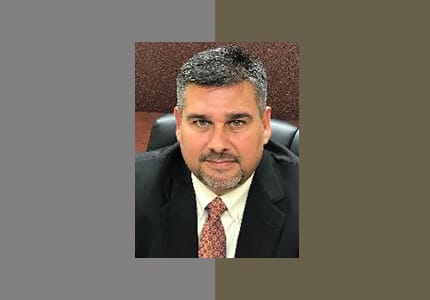A number of business owners in Texas could find themselves facing potential allegations of forced labor or human trafficking. Because of an increase in awareness campaigns, social media discussions often center on undocumented immigrants working without pay. A newly created anti-trafficking unit and reporting system also focuses on the personal services industry.
Clients of legitimate nail salons or massage spas may attempt to question employees and discover clues of illicit activities. They could then email the Texas Department of Licensing and Regulation to report suspicions of wrongdoing. As noted by KVUE-TV, an agency official may begin an investigation based on concerns forwarded through the new system.
Reports of illicit activity could spark TDLR inspection
Businesses authorized to operate in Texas agree to allow local, state and federal officials to enter the premises on request. If the TDLR believes an establishment may have broken the law, it could result in an unannounced inspection.
Maintaining up-to-date licenses for the business and its employees may provide ample proof that the operation has no association with undocumented workers. Clearly displaying employees’ licenses at their work stations could help demonstrate to a TLDR inspector that the business complies with the law.
Allegations of forced laborers may require a legal defense
The TDLR has trained employees to conduct investigations to uncover the possibility of forced laborers. Texas has also increased its funding to comply with the federal government’s zero-tolerance initiatives for combating human trafficking.
Increased suspicions and the resulting investigations may lead to a business owner facing an allegation of human trafficking. To convict, however, a prosecutor must prove that an individual exploited a worker to perform labor at low wages or against his or her will.

